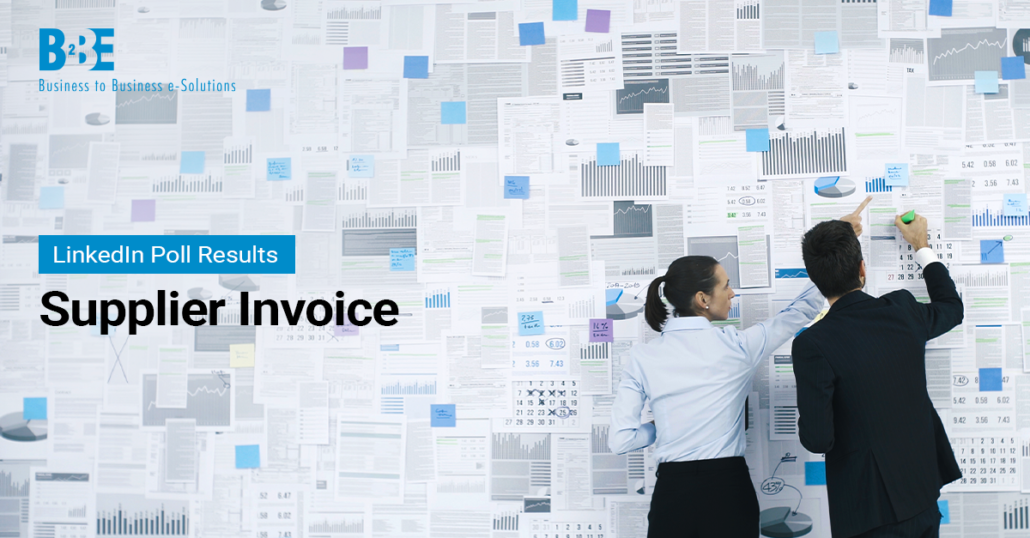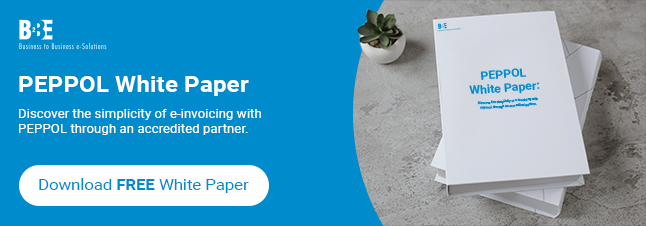Within the intricate process of business operations, the processing of supplier invoices stands as a requirement in maintaining financial integrity and operational efficiency. As organisations strive to optimise their procurement processes and strengthen supplier relationships, the question that emerges is: What is the most important aspect of processing supplier invoices?
Poll results
In our most recent LinkedIn poll, we asked our social media followers: what is the most important aspect of processing supplier invoices?
Processing A Supplier Invoice: Essential Considerations
Before processing a supplier invoice, it’s essential to match supporting documents, use authorised approvers and use a common payment method.
Let’s explore each of these in turn.
Matching supporting documents
A substantial 75% of respondents emphasized the significance of “Matching supporting documents.” This resounding response underscores the critical importance placed on ensuring accuracy and completeness in supplier invoice processing workflows. Matching supporting documents involves cross-referencing invoices with relevant documentation such as purchase orders, delivery receipts, and contracts to verify the legitimacy and validity of the charges.
This meticulous verification process serves as a crucial control mechanism to detect discrepancies, errors, or fraudulent activities. By ensuring that invoices align with the corresponding supporting documents, businesses can effectively mitigate risks, improve financial transparency, and maintain compliance with internal policies and regulatory requirements.
The overwhelming 75% response underscores the strategic focus on accuracy and accountability within invoice processing. It highlights the pivotal role that matching supporting documents plays in safeguarding financial integrity and optimising operational efficiency.
Using authorised approvers
17% of respondents underscored the importance of “Using authorised approvers.” This response highlights a strategic emphasis on implementing stringent approval processes to ensure financial accountability and compliance within organisations.
Employing authorised approvers involves establishing clear protocols and designated individuals responsible for validating and approving supplier invoices before payment. By adhering to this practice, businesses can mitigate the risk of unauthorised expenditures, errors, or fraudulent activities. Authorised approvers play a crucial role in verifying the accuracy and legitimacy of invoices. As a result, it safeguards the organisation’s financial resources and reputation.
The 17% response suggests a deliberate focus on enforcing robust controls and accountability measures within invoice processing workflows. By leveraging authorised approvers, businesses can enhance transparency, strengthen internal controls, and foster a culture of financial discipline and integrity. This underscores the importance of establishing clear approval hierarchies and empowering designated personnel to uphold rigorous standards in invoice processing.
Using a common payment method
8% of respondents highlighted the importance of “Using a common payment method” when processing a supplier invoice. This response underscores a strategic emphasis on standardising payment processes to streamline efficiency and enhance financial management practices within organisations.
Adopting a common payment method involves leveraging consistent payment channels or platforms across all transactions with suppliers. By standardising payment methods, businesses can simplify the reconciliation process, reduce complexity, and minimise the risk of errors associated with managing multiple payment systems. Additionally, a common payment method can facilitate better tracking and reporting of payment activities. It therefore enables organisations to maintain accurate financial records and enhance transparency.
The 8% response suggests a deliberate focus on optimising payment practices to achieve greater operational efficiency and financial control. By embracing a common payment method, businesses can streamline their invoice processing workflows, reduce administrative burden, and foster stronger relationships with suppliers through consistent and reliable payment experiences. This underscores the importance of aligning payment strategies with organisational objectives to drive efficiency and effectiveness in supplier invoice processing.
Ander
Finally, no respondents indicated “Other” as a significant factor. While this absence of response doesn’t provide specific details, it suggests that the predefined categories comprehensively covered the essential aspects of supplier invoice processing according to the respondents’ perspectives.
However, it’s important to acknowledge that the absence of responses under “Other” doesn’t necessarily imply that there are no additional factors or considerations relevant to supplier invoices. Rather, it indicates that within the context of the survey, respondents did not identify any other factors beyond those provided.
While “Other” received 0% of the responses, it’s essential for businesses to remain open to diverse perspectives and unique requirements when optimising their invoice processing workflows. This underscores the importance of flexibility and adaptability in addressing the varying needs and preferences of different organisations.
Learn more about B2BE’s Supplier e-Invoicing solution.
Meer informatie
B2BE's ervaring in de toeleveringsketensector stelt onze klanten in staat met succes te bouwen, uit te breiden en zich aan te passen, waardoor een grotere effectiviteit mogelijk is. Om in contact te komen met B2BE en feedback te geven over wat voor u en uw bedrijf het belangrijkst is, kunt u het volgende doen volg ons op LinkedIn en via sociale media. U kunt ook Stem in onze laatste LinkedIn poll. Als u uw supply chain-strategie wilt bespreken, contact opnemen met ons.

